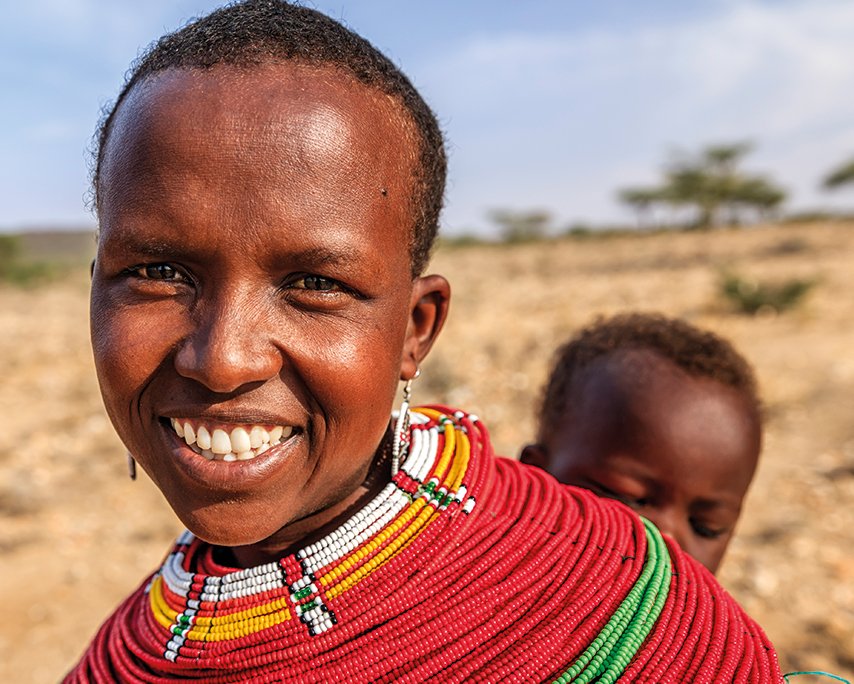International Day of Families
Families, as the fundamental units of society, play a crucial role in passing down values, beliefs, and behaviours from one generation to the next. Their influence is particularly crucial in instilling sustainable habits and climate awareness. By empowering families through education, changing consumption habits, and advocacy, we establish a robust foundation for meaningful and effective climate action. This year’s International Day of Families, themed ‘Families and Climate Change’, underscores the significant role of families in mitigating climate change. The celebrations aim to raise awareness about the impact of climate change on families and equip them with strategies to mitigate these effects.
From a tender age, children learn by example, observing and imitating the behaviours of their parents and caregivers. This makes the family environment an ideal setting for teaching sustainable practices. By incorporating activities such as recycling, composting and energy conservation into daily routines, families demonstrate the importance of sustainability in a tangible way. These early experiences not only help children develop a sense of responsibility towards the environment but also set the stage for a lifetime of eco-conscious behaviour, empowering them to make a difference.
However, for families to be able to impart this knowledge to the younger generation, there is a need for comprehensive family training on climate change impact. Education plays a key role in empowering families to embrace sustainability. By providing access to information about environmental issues and the impact of human activities on the planet, families can make informed decisions about their lifestyle choices. This education can take many forms, from formal classroom instruction to informal discussions at home. The goal is to foster a culture of learning and curiosity, equipping families with the knowledge and understanding to make sustainable choices.
Advocacy is also crucial in empowering families to drive meaningful change. Your organisation raising awareness about environmental issues and advocating for policy changes at the local, national, and global levels will amplify the impact families make and effect lasting change. Non-profits can do this by participating in community clean-up events, supporting environmental initiatives, or lobbying policymakers for stronger environmental protections.
Changing consumption habits is another important aspect of empowering families to take climate action. Consumer choices significantly impact the environment, from the products we buy to how we use and dispose of them. By encouraging sustainable consumption practices, such as buying locally produced goods, reducing waste, and choosing reusable products over single-use alternatives, families reduce their carbon footprint and contribute to a more sustainable future.
For your organisation to successfully impart this education to families, it is crucial to understand what type of content works for a family setup. One way to do this is by generating visual representations of the circular economy, sustainable habits, and the impacts of climate change. These visuals quickly convey complex ideas in an easy-to-understand format. Additionally, visuals will allow you to easily share impactful stories, tips, and facts about climate action and sustainable living. Community events also work at imparting information to families. Organise events focused on sustainability, such as clean-up drives, recycling programmes or tree-planting activities, to reinforce the importance of environmental stewardship.
As we celebrate International Families Day, let us once again embrace the essence of what it means to be one family. As the primary group that passes on values, beliefs, and behaviours from parents to children, empowering families to embrace sustainable practices and advocate for change can profoundly impact our collective efforts to address climate change.



